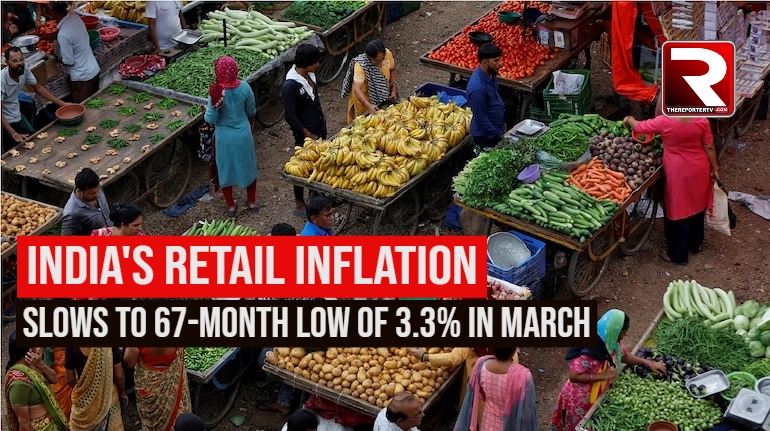Paris — In a dramatic turn of events, Syrian President Bashar al-Assad’s government has collapsed, following a rapid and unexpected rebel offensive that led to the fall of Damascus, the country’s capital. President-elect Donald Trump of the United States took to his social media platform, Truth Social, to declare that Assad had “fled his country” after losing the backing of Russia.
“Assad is gone,” Trump said in a post. “His protector, Russia, Russia, Russia, led by Vladimir Putin, was not interested in protecting him any longer.”
The Syrian government crumbled early on Sunday, as opposition forces, spearheaded by a coalition of rebel groups, launched a lightning-fast attack on Damascus. By mid-morning, insurgent fighters had entered the capital, marking the end of over five decades of authoritarian rule by the Assad family.
Syrian state television, which had previously been a tool of the Assad regime, aired a statement from a group of rebels identifying themselves as the “Operations Room to Conquer Damascus.” The men declared that President Assad had been overthrown and that all prisoners held by the government had been freed.
“We call on all fighters and citizens to preserve the institutions of the free Syrian state,” one of the men read from a script. The swift success of the rebel forces sent waves of joy through the streets of Damascus, with crowds celebrating what they saw as the end of the brutal Assad regime.
Assad Flees as Rebels Enter Damascus
Hours after the rebel announcement, the head of the Syrian Observatory for Human Rights, an opposition war monitor, confirmed reports that Assad had fled the country. The exact location of the embattled president remained undisclosed, but sources suggested he had evacuated ahead of the insurgent forces that had made a remarkably quick advance across the country.
The fall of Assad’s government came as a stunning surprise, as many analysts had expected the Syrian leader to cling to power with the backing of Russia and Iran, both of whom had provided crucial military and diplomatic support throughout the 14-year civil war. However, the swift collapse of Assad’s stronghold suggested a sudden shift in the geopolitical landscape, with Russia notably absent from the defense of its long-time ally.
The End of 50 Years of Assad Rule
The Assad family’s rule, which began with Bashar’s father, Hafez al-Assad, in 1971, has been marked by heavy repression, human rights abuses, and violent crackdowns on political dissent. The ongoing civil war, which began in 2011 with peaceful protests, escalated into a brutal conflict that drew in numerous foreign powers, including Russia, the United States, Turkey, and Iran.
The war has killed hundreds of thousands of Syrians and displaced millions more, with over half of Syria’s prewar population of 23 million fleeing their homes. For many, Assad’s fall marks the end of one of the bloodiest chapters in modern Middle Eastern history.
A Nation in Shock
In Damascus, where the situation had appeared increasingly dire in recent days, many residents were still coming to terms with the speed of Assad’s fall. “It feels unreal,” said Rania, a 32-year-old teacher in the capital. “After so many years of war, I never thought this day would come. It’s like we’ve woken up in a different world.”
For others, the collapse of Assad’s government represented a long-awaited moment of victory. “We’ve been waiting for this for years,” said Ahmad, a local shopkeeper. “It’s over. Assad is gone. We can finally rebuild our country.”
The Role of Russia and International Reactions
Trump’s comments about Russia’s apparent abandonment of Assad resonated with analysts, many of whom had viewed Russia as the key player keeping Assad in power in recent years. Russia’s military support, particularly its airstrikes against opposition-held areas, had been instrumental in propping up the Assad regime after it began to face significant setbacks in the war. However, in recent months, Russia had distanced itself from Assad, suggesting a potential shift in alliances as the war entered its final stages.
International reactions have poured in as well. Several Western governments have cautiously welcomed the collapse of the Assad regime but have also expressed concerns about the potential for renewed conflict in Syria as rival rebel groups vie for control. The United States and European Union have called for an immediate ceasefire and the establishment of a transitional government that includes all Syrian factions.
“The fall of the Assad government is a significant moment in Syrian history, but we must ensure that it leads to a lasting peace, not further violence,” said European Union foreign affairs spokesperson Marie Dupont.
The Future of Syria
With Assad’s regime toppled, the question now turns to Syria’s future. Rebel groups, once fractured and fragmented, will now need to navigate the complex political and military landscape left behind. The international community, including the United States, Russia, and regional powers like Turkey and Iran, will likely play a critical role in shaping the post-Assad era.
For Syrians, the immediate priority will be rebuilding the country and addressing the vast humanitarian crisis left in the wake of the war. “It’s time to start over,” said Yassir, a 41-year-old doctor in Damascus. “We’ve suffered so much, but we have hope now. It’s the beginning of something new.”
However, the question of what comes next remains uncertain. Syria’s future will depend not only on its citizens but also on the delicate diplomatic balancing act between global powers and the different factions within the country itself.
As the dust settles on Damascus and other cities in Syria, the world will be watching to see whether peace can take root in a country scarred by years of brutal conflict.












